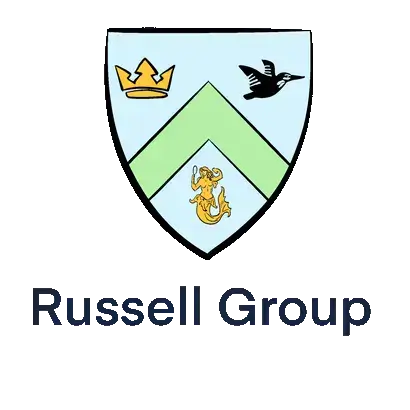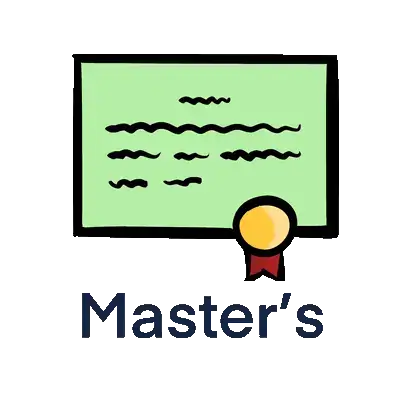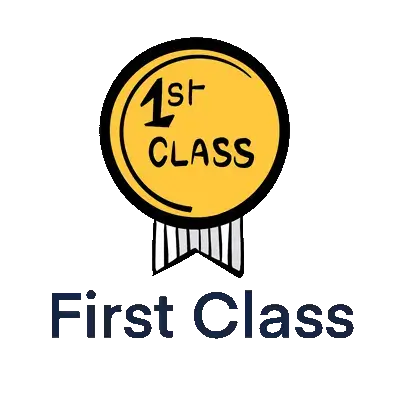Most schools expect candidates to be at working at around level 5 on the National Curriculum. However, the format and structure of these exams can vary enormously between private schools, with little common ground on what they are assessing in their exams or the expected performance on those exams. It can be very hard to find out concrete information about exactly how a school’s entrance procedure works, or what they are actually looking for. However, the Eleven Plus exam will usually consist of Maths, English as well as Verbal and/or Non Verbal Reasoning. There may also be an interview involved although this varies. Some schools may also use computer based software, such as InCAS for their selection process.
Computer based assessments are designed to provide a different approach to traditional assessment. Instead of the pre-set questions that all students answer as in a paper test, computer based assessments such as InCAS individualise tests by adapting the difficulty of each question based on the child’s previous answer to the last question. The first question will usually be ‘easy’, suitable for a child younger than the student’s actual age. The questions then increase in difficulty until the child can no longer provide any more accurate answers consistently. The answers are used in conjunction with the child’s age to provide age related information about her/her ability. For example, the results for a 10 year 3 month old boy who is particularly able in Maths may indicate that he is working at a level on par with a student aged 13 years 4 months, i.e. his Maths ability is 2 years and 1 month ahead what is expected of his chronological age. While computer based assessments generally focus on Reading, Spellings, Mental Arithmetic, Writing will still be assessed on paper. Do also be aware that there may also be an ‘Attitudes’ test to assess the child’s views on different aspects on his school life. This is a short questionnaire involving multiple choices to questions such as ‘ How happy do you feel on the playground’ or ‘ How confident do you feel about writing stories?’










